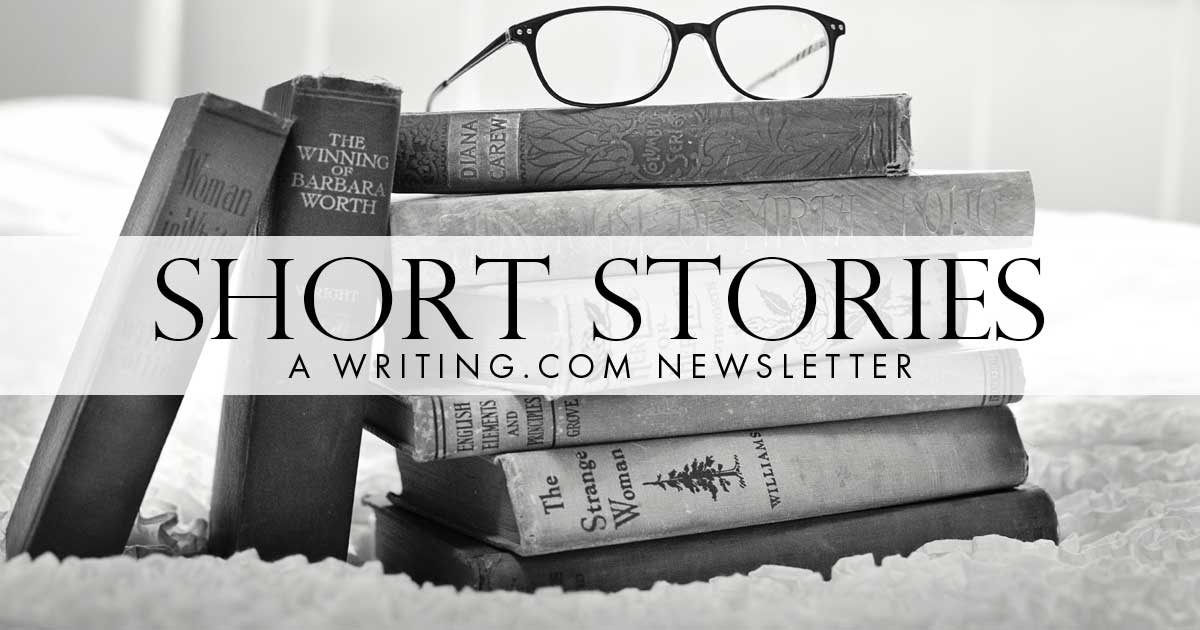This week: Freytag versus Three Acts Edited by: Annette  
More Newsletters By This Editor 
![Table of Contents [#401437]
Table of Contents](https://www.Writing.Com/main/trans.gif) ![Table of Contents [#401437]
Table of Contents Table of Contents](/main/images/action/display/ver/1709303267/item_id/401437.png)
1. About this Newsletter
2. A Word from our Sponsor
3. Letter from the Editor
4. Editor's Picks
5. A Word from Writing.Com
6. Ask & Answer
7. Removal instructions
![About This Newsletter [#401439]
About This Newsletter](https://www.Writing.Com/main/trans.gif) ![About This Newsletter [#401439]
About This Newsletter About This Newsletter](https://www.writing.com/main/images/action/display/ver/1709303676/item_id/401439.png)
“This middle, the climax of the play, is the most important place of the structure; the action rises to this; the action falls away from this.” ~ Gustav Freytag
“In the first act get your principal character up a tree; in the second act, throw stones at him; in the third, get him down gracefully.” ~ Source Unknown |
![Letter from the editor [#401442]
Letter from the editor](https://www.Writing.Com/main/trans.gif) ![Letter from the editor [#401442]
Letter from the editor Letter from the editor](https://www.writing.com/main/images/action/display/ver/1709303784/item_id/401442.png)
Freytag versus Three Acts
It can be a problem for new aspiring short story writers to write short stories. Instead of getting somewhere, the stories are a long row of twists and turns, reveals and action, but it all just won't work as a short story.
Gustav Freytag to the rescue. This nineteenth century novelist and playwright decided to draw four lines on paper to help his stories to follow a discernable pattern.
His Freytag Pyramid isn't a real pyramid.
The first line is just flat and it represents exposition. A sort of who's who and what's what for the story to come.
Something out of the ordinary happens, the  inciting incident makes it so that at least one character experiences a change from her usual routine. inciting incident makes it so that at least one character experiences a change from her usual routine.
The second line picks up at the inciting incident and goes diagonally up and toward the middle of the paper. This represents the rising action. As the character tries to resolve whatever the inciting incident kicked off, new obstacles and events hold the hero up.
At the top of the diagonal line sits the climax on a sharp tip. Events have reached their highest point in action, drama, peril, and complications.
From the top, a line now goes diagonally down toward the right side of the paper. During this falling action the heroine experiences the aftermath of the highest point. Things start making sense and problems begin settling.
The last line is flat again. The resolution is tying up last loose bits and bobs. The story is now concluding and the character can go back to her normal life.
Popularized by Syd Field for modern story telling, we have now often see and read the three act structure: exposition, crisis, and resolution.
During the first act, the hero experiences something destabilizing.
In the second act, the hero and someone else are in a conflict in which both want something different. The push and pull on both sides creates a situation where one of the two spins out of that dynamic into a new direction in a way that the main character can't stay in his comfort zone.
In act three, the hero learns something new about himself. He has grown and changed.
The three act structure is related to "The Hero's Journey"  in the way the last part of the story treats the main character's evolution. in the way the last part of the story treats the main character's evolution.
Is an upside down V? Is it a pyramid? Is it a triangle? Or is it a rope with knots? |
![Editor's Picks [#401445]
Editor's Picks](https://www.Writing.Com/main/trans.gif) ![Editor's Picks [#401445]
Editor's Picks Editor's Picks](https://www.writing.com/main/images/action/display/ver/1709303830/item_id/401445.png)
| |  | Invalid Item 
This item number is not valid.
#1743320 by Not Available. |
|
![Word From Writing.Com [#401447]
Word from Writing.Com](https://www.Writing.Com/main/trans.gif) ![Word From Writing.Com [#401447]
Word from Writing.Com Word from Writing.Com](https://www.writing.com/main/images/action/display/ver/1709303874/item_id/401447.png)
Have an opinion on what you've read here today? Then send the Editor feedback! Find an item that you think would be perfect for showcasing here? Submit it for consideration in the newsletter!
https://www.Writing.Com/go/nl_form
![Ask & Answer [#401448]
Ask & Answer](https://www.Writing.Com/main/trans.gif) ![Ask & Answer [#401448]
Ask & Answer Ask & Answer](https://www.writing.com/main/images/action/display/ver/1709303902/item_id/401448.png)
Replies to my last Short Stories newsletter "Plotting the Short Story"  that asked How do you prefer to structure your short stories? that asked How do you prefer to structure your short stories?
Beholden  wrote: Thank you very much for including my short story, It Happened One Night (terrible title but it was enforced by the prompt), in your Editor's Picks section. wrote: Thank you very much for including my short story, It Happened One Night (terrible title but it was enforced by the prompt), in your Editor's Picks section.
As regards plotting a story, it's all done in my head - I don't jot anything down. The only time I'll write anything is when the idea comes to me at an inconvenient time (3:00am, for instance) and I don't want to forget it. Then I'll make a quick note somewhere. But formal plotting just ain't my bag, I'm afraid.
It's no problem if you don't do any formal plotting. It's nice to just write from the mind. I do it like that most of the time also.
Lilli ☕  wrote: Wonderful newsletter, Annette! A lot of useful info here along with food for thought! Thank you! wrote: Wonderful newsletter, Annette! A lot of useful info here along with food for thought! Thank you!
Thank you for your kind comment.
|
![Unsubscribe [#401452]
Removal Instructions](https://www.Writing.Com/main/trans.gif) ![Unsubscribe [#401452]
Removal Instructions Removal Instructions](https://www.writing.com/main/images/action/display/ver/1709303960/item_id/401452.png)
To stop receiving this newsletter, click here for your newsletter subscription list. Simply uncheck the box next to any newsletter(s) you wish to cancel and then click to "Submit Changes". You can edit your subscriptions at any time.
|
